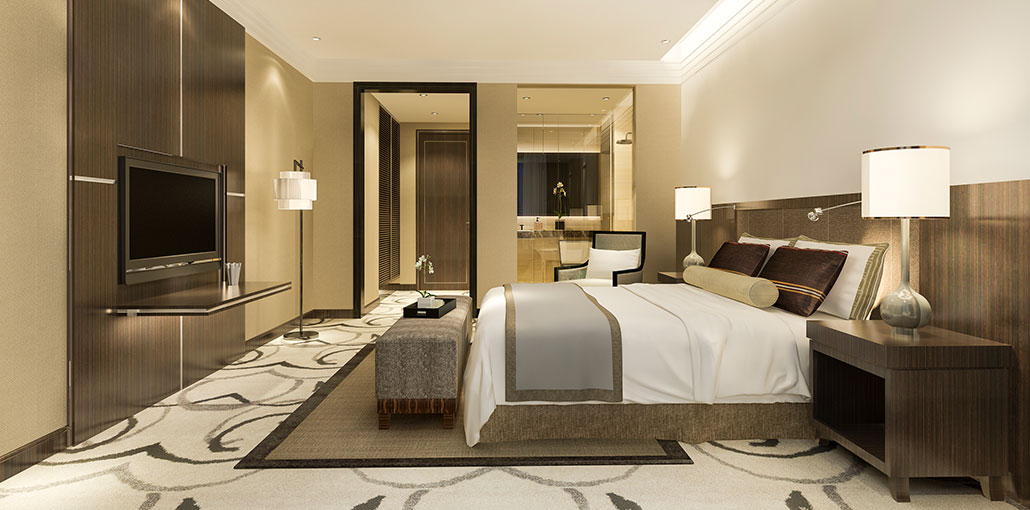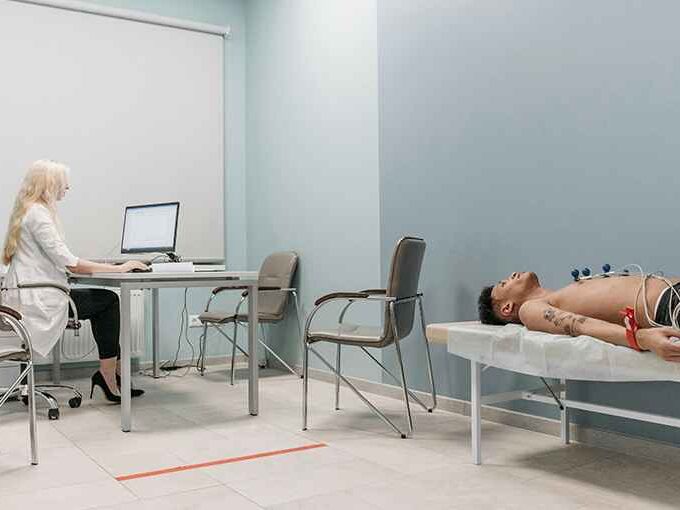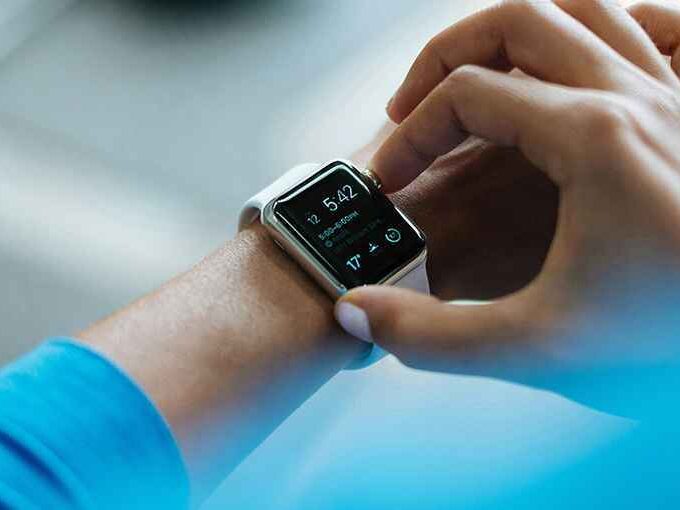Chances are the first time you used a keycard to open a door, Wi-Fi to access the internet, or digital streaming to watch TV, it was in a hotel. That’s because hotels constantly update and upgrade to serve guests better and stay a step above the competition. And let’s be honest, the better the technology, the better the hotel management.
This trend continues to the present day and will continue into the future. As a result, technology is constantly changing the hotel guest experience.
Here are several examples:
Better Booking
It’s hard to imagine what booking a hotel room was like before the advent of Online Travel Agencies (OTAs). These services help individuals search for the best deals at the best hotels. However, in case you haven’t noticed, many popular OTA websites have become notoriously difficult to navigate, with users struggling to get straight answers and often overpaying when they thought they were saving. An uptick in new online services offers a more straightforward booking experience. For instance, Guest Reservations uses a minimalist site design to help users find hotels in Chicago and other major cities around the world. It’s a back-to-basics approach that utilizes the same technology used by established OTAs without a cumbersome interface, confusing search function, or aggressive data mining.
Also read: Net Promoter Score for Restaurants, Bars, and Hotels
Stronger Cybersecurity
Given the high volume of people coming and going throughout the week, it’s no surprise hotels are a top target for hackers around the world. For instance, 10.6 million people had their personal data exposed when MGM Resorts was the target of a massive data breach back in 2020. As a result, most hotel companies are investing in state-of-the-art cybersecurity measures. While dedicated software and routine monitoring are essential, these steps also include efforts to train staff to recognize the signs of a social engineering attack in progress.
Streamlined Service
A big hotel is a lot like a little city. To keep things running smoothly, there needs to be infrastructure in place. For modern hotels, this means innovative management software solutions. Since most hotel companies are not software specialists, outside organizations often design and develop these solutions on behalf of the hotel. From the guest’s perspective, optimized management software means faster and more reliable service. From the hotel’s POV, it means cost-effective operations and easier onboarding.
In-Room Entertainment
As mentioned in the introduction, hotel room television has always been at the cutting edge, going back to when a color set was state-of-the-art. But these days, it’s less about giving them something new and more about ensuring they have access to what they already have. That means letting guests access their favorite streaming services while still providing additional content options at their request. From Amazon Prime to Paramount+, hotels are increasingly upgrading to in-room entertainment that includes virtually every streaming option under the sun – existing membership required, of course.
Robotic Room Service
Robots capable of delivering room service may sound like something out of science fiction, but it’s an emerging technology that most hotels hope to acquire as soon as possible. Like the stock-check robots you see in supermarkets, robotic room service will be a machine capable of autonomous navigation around the hotel. Someone types in the hotel room number, places items on or in the machine, then sends it on its way. From there, hotel robots will become a more sophisticated technology, covering everything from maid service to the concierge and even valet.
Also read: Top 10 Online Ordering Systems for Restaurants
More Options
While hotels greatly benefit from new and emerging technologies, some innovations are more of a thorn in their side. The most apparent nuisance is the rise of online hospitality services specializing in alternative lodging options. Perhaps you’ve heard of Airbnb or VRBO? These and similar digital platforms allow almost anyone anywhere to turn their house or apartment into a lodging space for guests. It’s like how Uber and Lyft let anyone with a car become a cab driver. The resulting saturation of alternative options inevitably forces existing hotels to rethink the way they handle booking and reassess their concept of exceptional service.
The hospitality industry has always been willing to adopt new technologies to drive up business and improve service. As time goes on, technology will continue to provide a gateway to the future of hospitality, starting with the hotels most eager and willing to upgrade.










Leave a comment